Community Impact

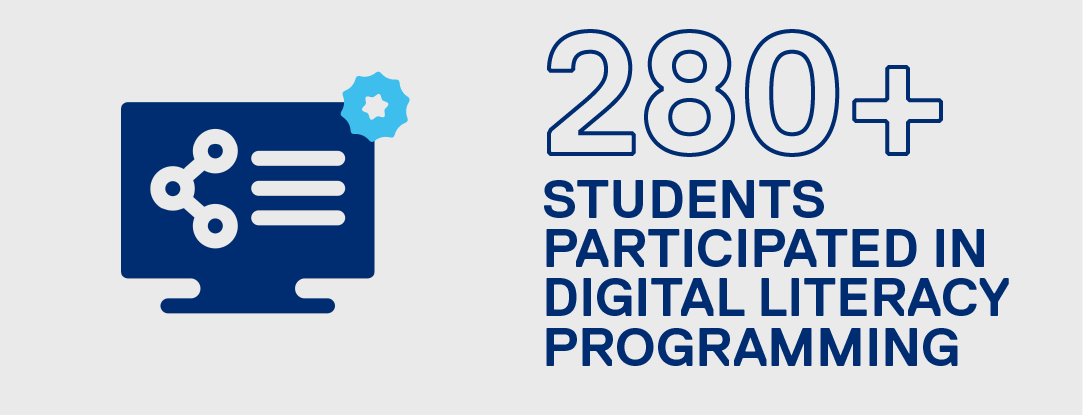
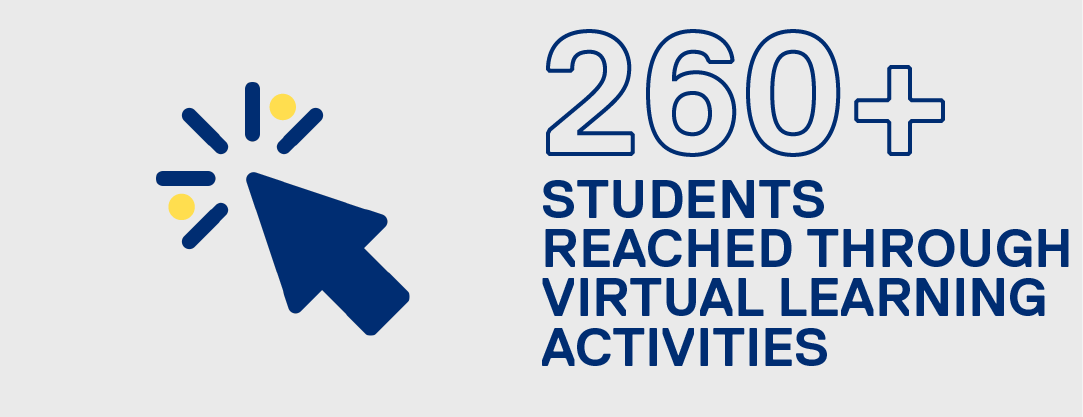
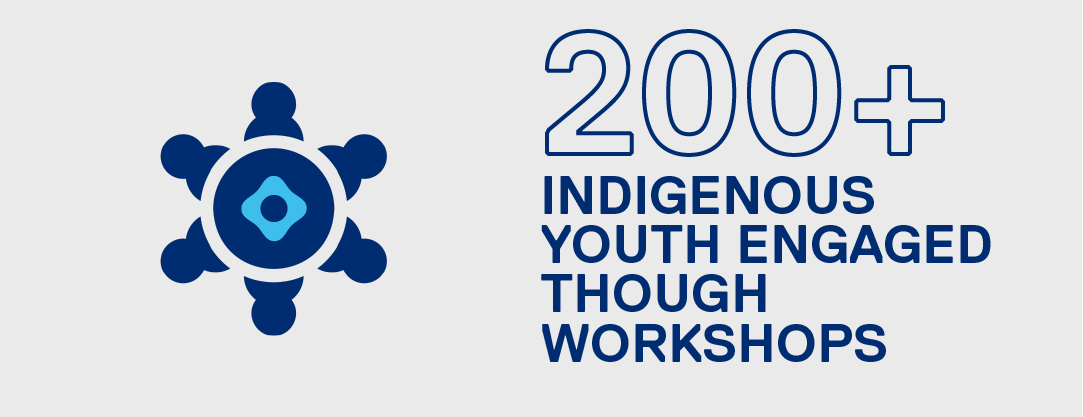
SciXchange: Building a scientifically engaged society through community programming
What does it take to make science accessible to all, regardless of background or circumstance? Over the past five years, SciXchange, the office for outreach and community engagement at the Faculty of Science, has pursued this mission, establishing itself as a leader in promoting science literacy to the public. In 2022, SciXchange resumed in-person programming, hosting outreach events with hundreds of participants of all ages across the Greater Toronto Area (GTA) and beyond. From empowering women and Indigenous youth to inspiring elementary and high school students, SciXchange is crushing the barriers that prevent underrepresented groups from participating in the exciting world of STEM.
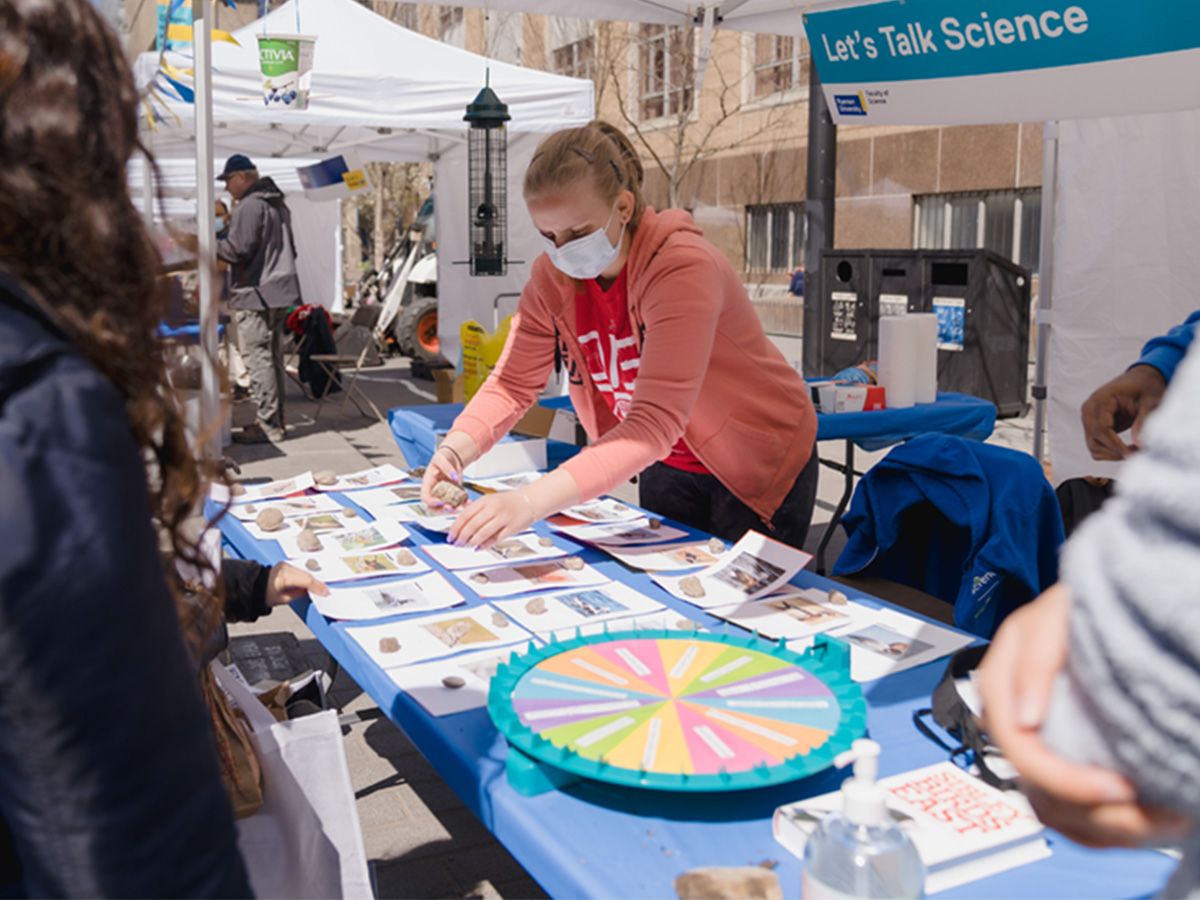

Empowering youth through accessible science education
Science education is an essential aspect of learning that fosters critical thinking, problem-solving, and creativity. However, access to quality science education and resources is not evenly distributed—especially for students in underrepresented communities. In partnership with Let's Talk Science (external link, opens in new window) (LTS), SciXchange is helping to bridge this gap. This year, LTS facilitated elementary and high school outreach programs organized by SciXchange, including a computer literacy program that has seen continued growth in demand since its introduction. Beyond the conventional classroom, a partnership with Connected North (external link, opens in new window) allowed SciXchange to host interactive virtual learning sessions for students and teachers in remote Indigenous communities. Additionally, SciXchange recruited subject experts from various industries as speakers, coaches and mentors to support students in the Technovation Challenge, a global competition where girls aged 8-18 present technology-based solutions to everyday problems. As the host of the Toronto chapter of Technovation Girls, SciXchange saw tremendous success this year, with six out of twenty-five participating teams in the GTA advancing to the semi-finals, one team ranking top in North America and one progressing to the World Summit finals as one of the top 5 junior teams in the world.
By special request, SciXchange was involved in a mock interview preparation series with Visions of Science, a charity advancing the positive development of youth from low-income and marginalized communities through meaningful STEM fields and research.

"The impact of our work at SciXchange is multifold. Through outreach, we foster community relationships and allow our TMU students to develop important science communication and collaboration skills while engaging with youth and other members of the public."
— Dr. Emily Agard, Director of SciXchange and Technovation Girls Toronto Chapter Ambassador
Bringing science exploration to the community
This year, SciXchange had a full calendar with community programming, offering engaging and interactive activities for all age groups. For the last five years, SciXchange has facilitated Toronto's Soapbox Science event, a global annual initiative that showcases women in STEM and their research. In 2022, nine female researchers from TMU and nearby universities brought their research to the Word on the Street festival at Evergreen Brickworks. Additionally, Let's Talk Climate (in)Justice was the first event of its kind for SciXchange, highlighting how climate change is not only an environmental issue but a justice issue. Four speakers working in the field of climate justice shared their knowledge and experiences on the impact of climate change on Indigenous rights, water justice and food security. Science Rendezvous also returned for a special FOS10 celebration featuring a science festival packed with exciting experiments and activities. Key highlights included a live show by Science Everywhere, a science knowledge mobilization group hosted by molecular science student Anthony Morgan, and a dunk tank where Dean David Cramb got drenched!
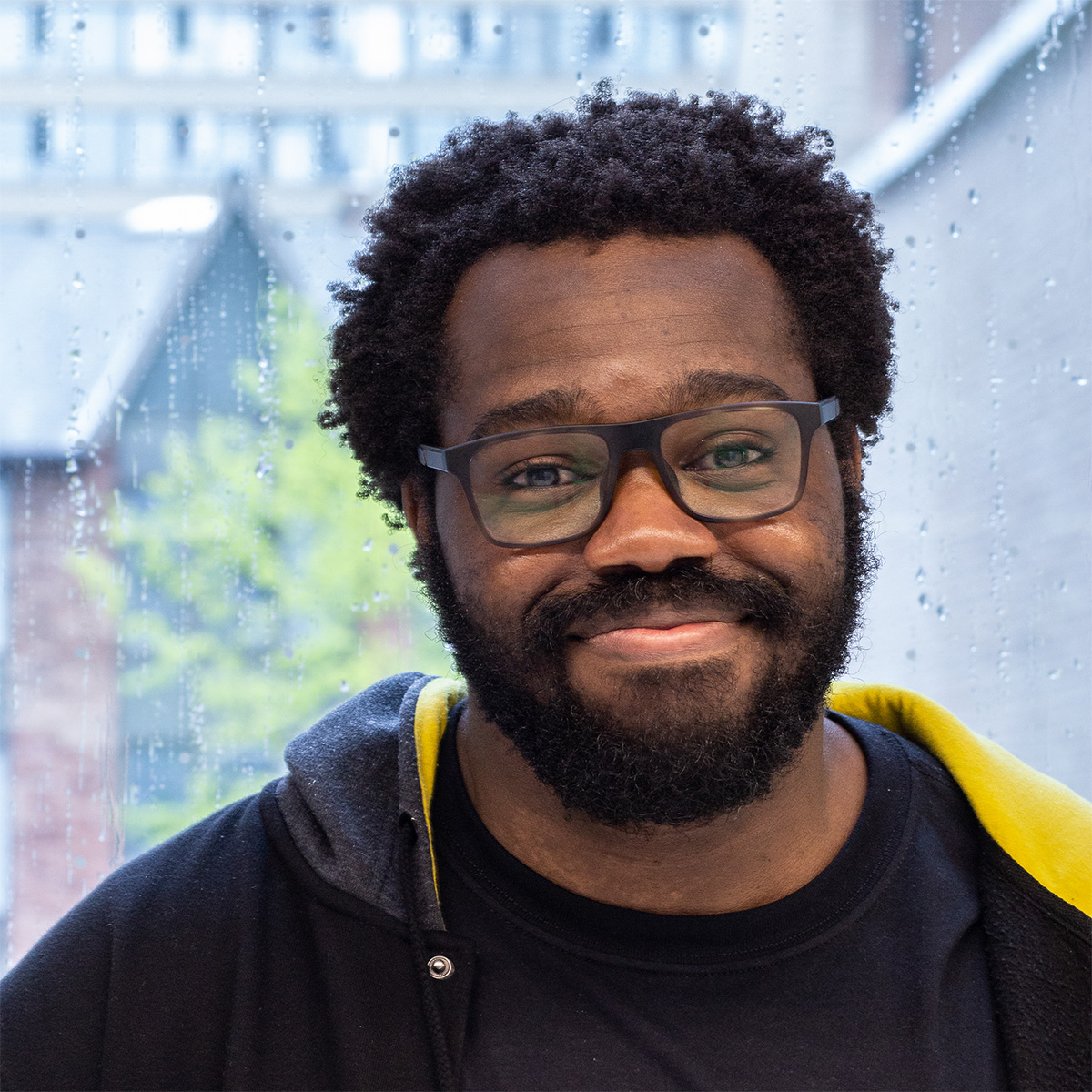
“Events such as Let's Talk Climate (in)Justice are important because it allows us to engage with these issues on a community level. This was also our first in-person event since the pandemic so it was a good measure of audience interest in on-campus events.”
— Adisa, Enrichment and Outreach Coordinator
Advancing Indigenous science education
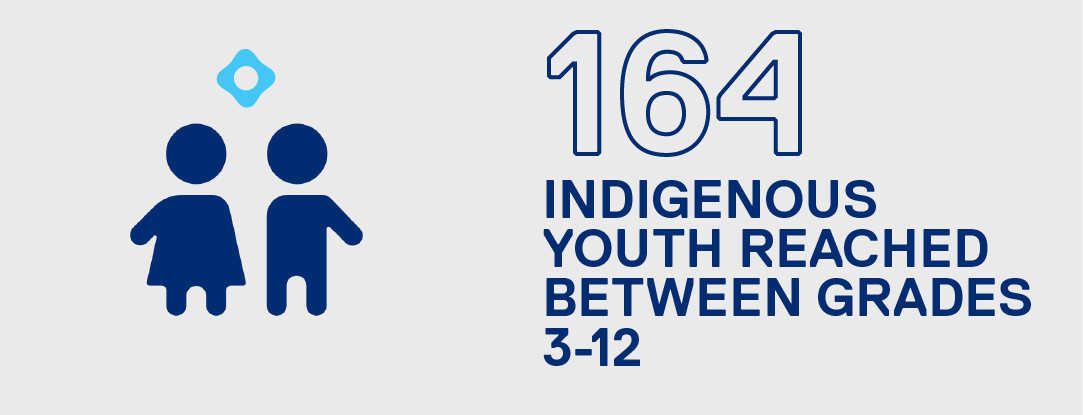
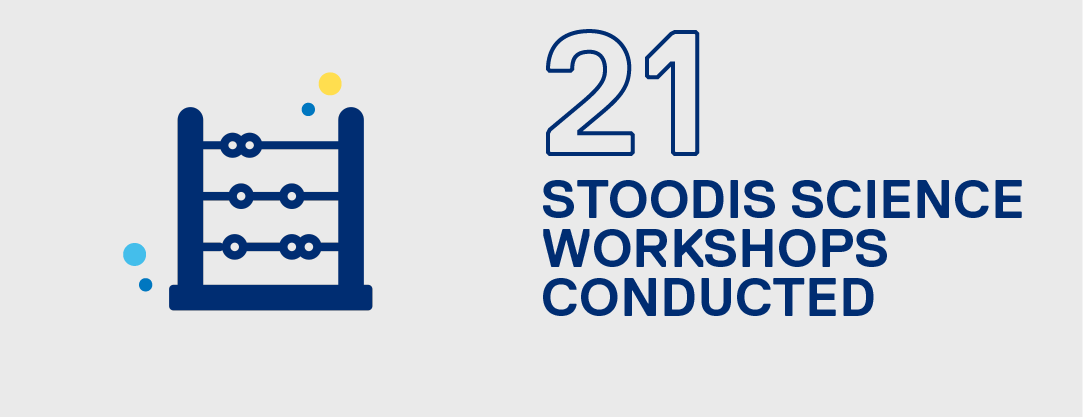
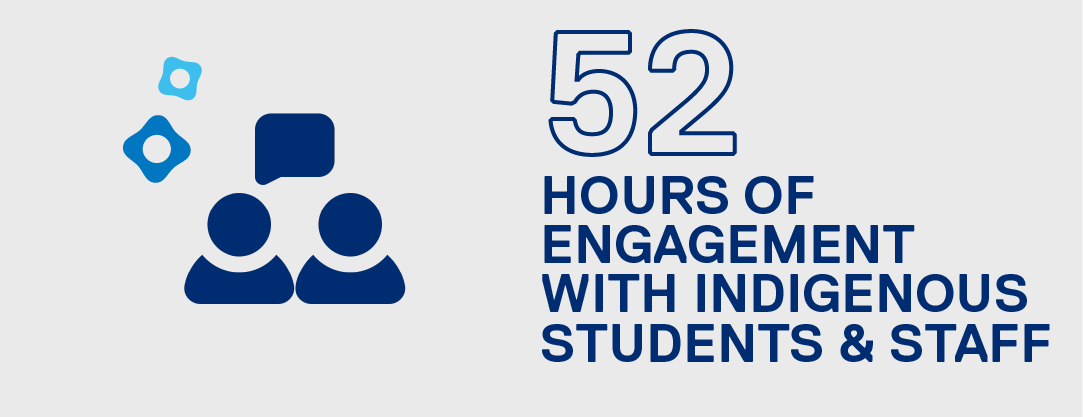
Indigenous science education recognizes and honours the knowledge systems, practices and perspectives of Indigenous peoples and their understanding of the world. Stoodis Science, a play on the Indigenous slang for “Let’s do this,” is an initiative organized by SciXchange that offers opportunities to Indigenous youth and the general public to learn more about Indigenous ways of knowing, being, and doing. This year, the program built relationships with urban Indigenous communities, collaborating with the Toronto District School Board and the Urban Indigenous Education Centre to offer Stoodis Science workshops in three Indigenous-focused schools. SciXchange also renewed Indigenous Scientist Chats for the second year since initiation, hosting four interactive webinar sessions highlighting Indigenous STEM professionals where participants had a chance to engage face-to-face with Indigenous-centred science.
The team at SciXchange aims to continue conducting research and developing content that blends Indigenous knowledge with the Ontario science curriculum, with a strong commitment to cultural relevance and responding to the needs of Indigenous youth. SciXchange is dedicated to increasing the accessibility of cultural programming, and looks forward to expanding its capacity to deliver hide tanning programs to Indigenous youth, as well as partnering with schools and knowledge keepers to expand their reach and impact in the future.
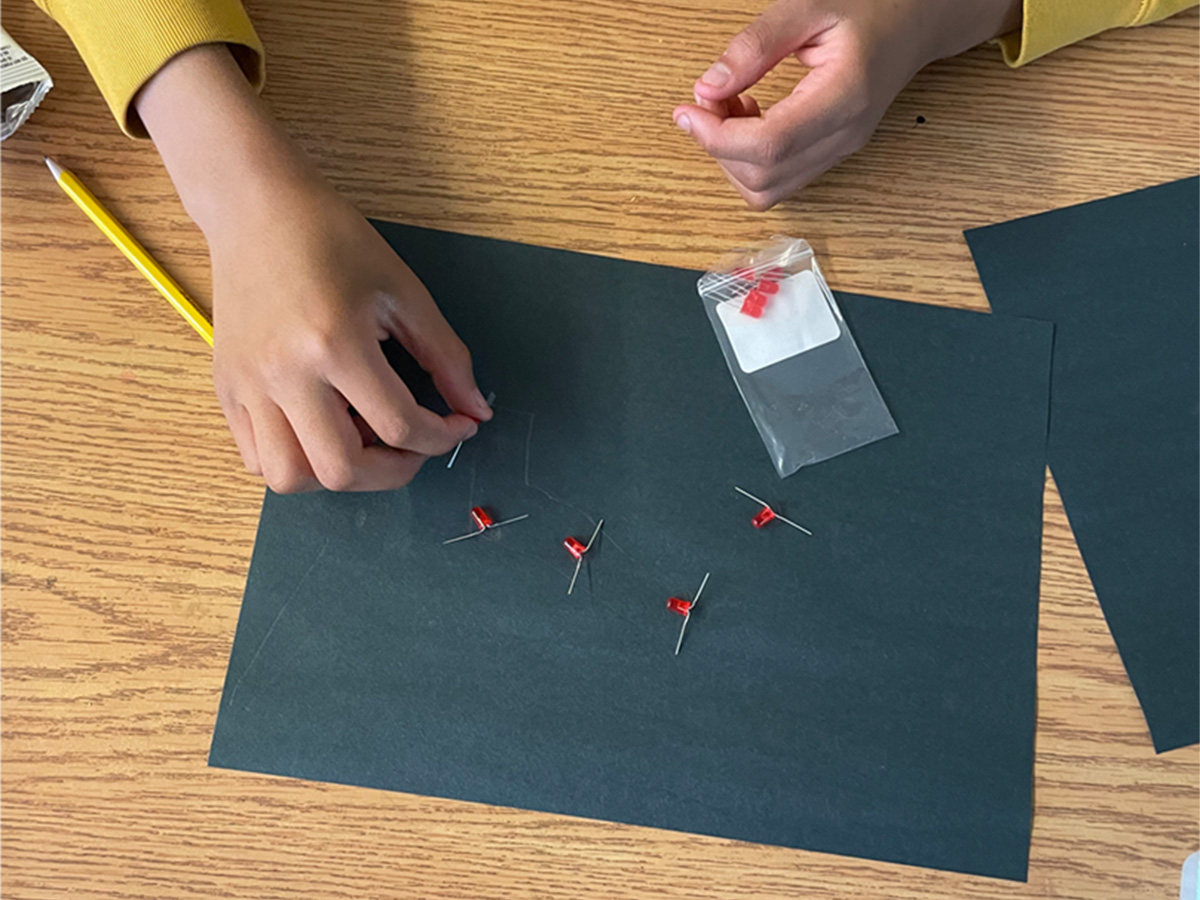
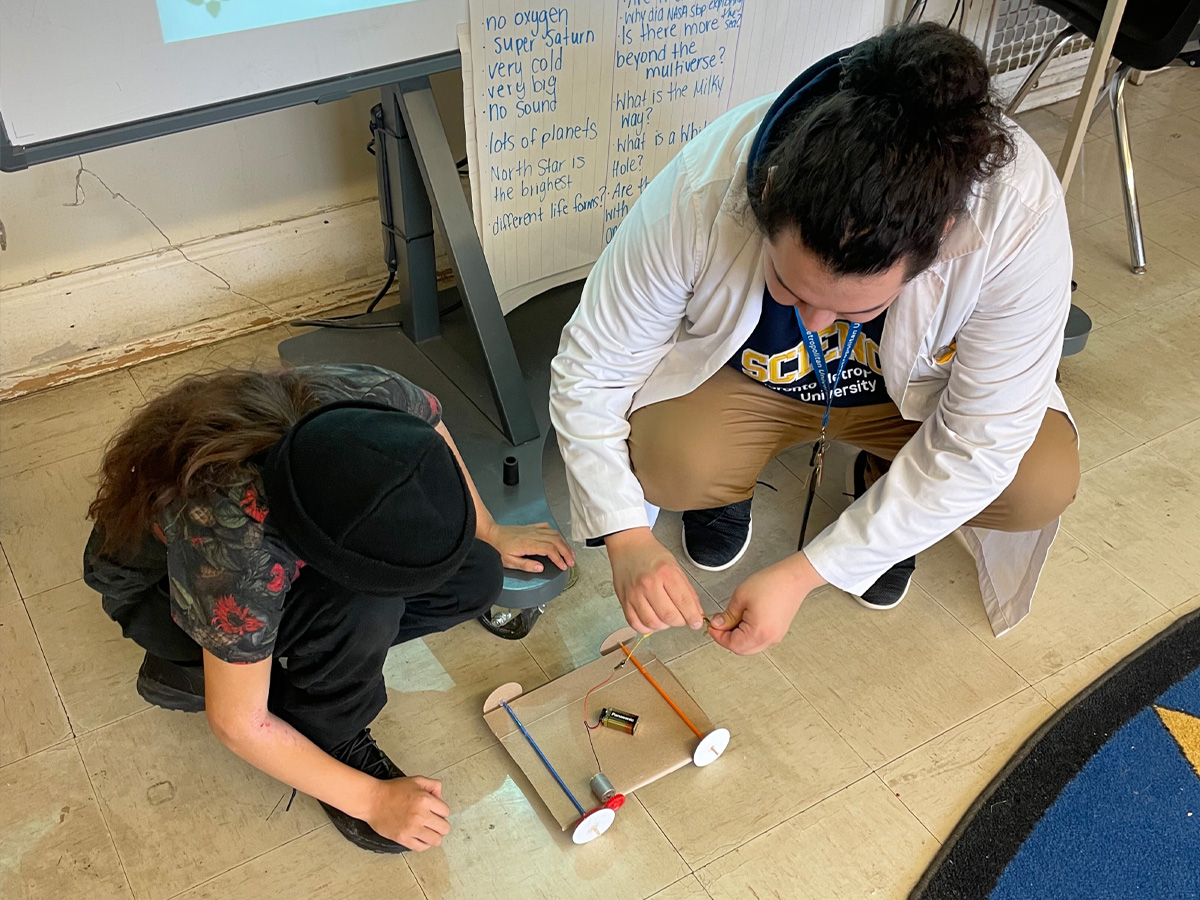
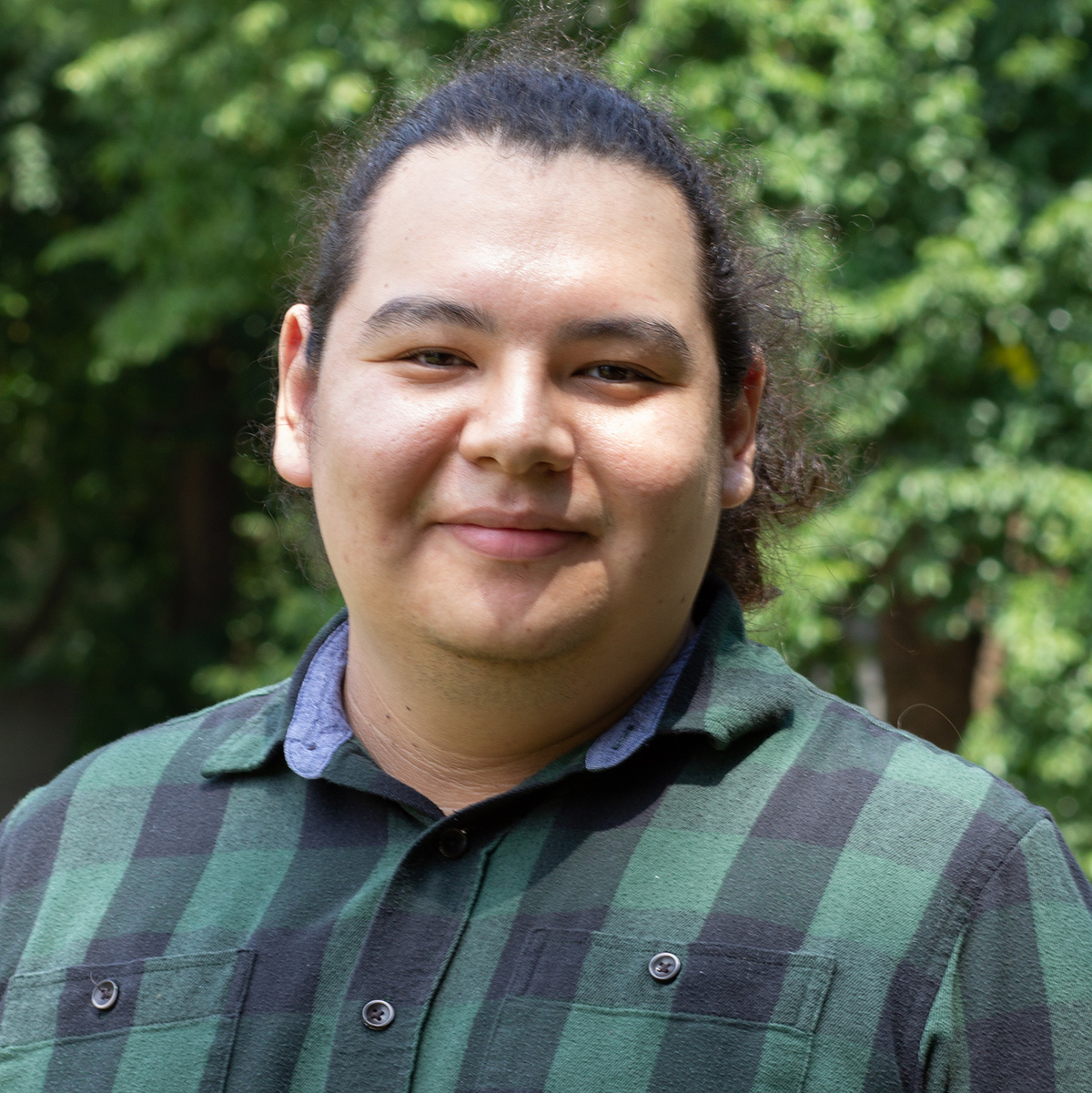
"Indigenous peoples are inherently scientific. Our voices and perspectives have been silenced for too long. Moving towards Indigenizing science is a form of healing and relationship building that will help us forge a stronger scientific community."
— Caleb Wesley - Coordinator, Indigenous Knowledge & Science Outreach